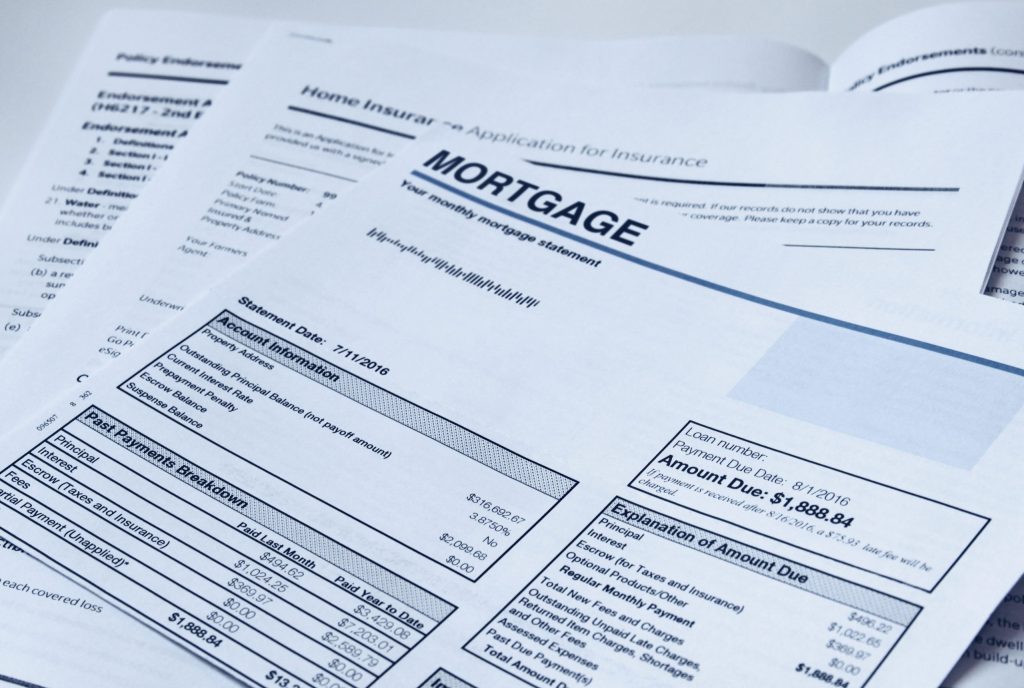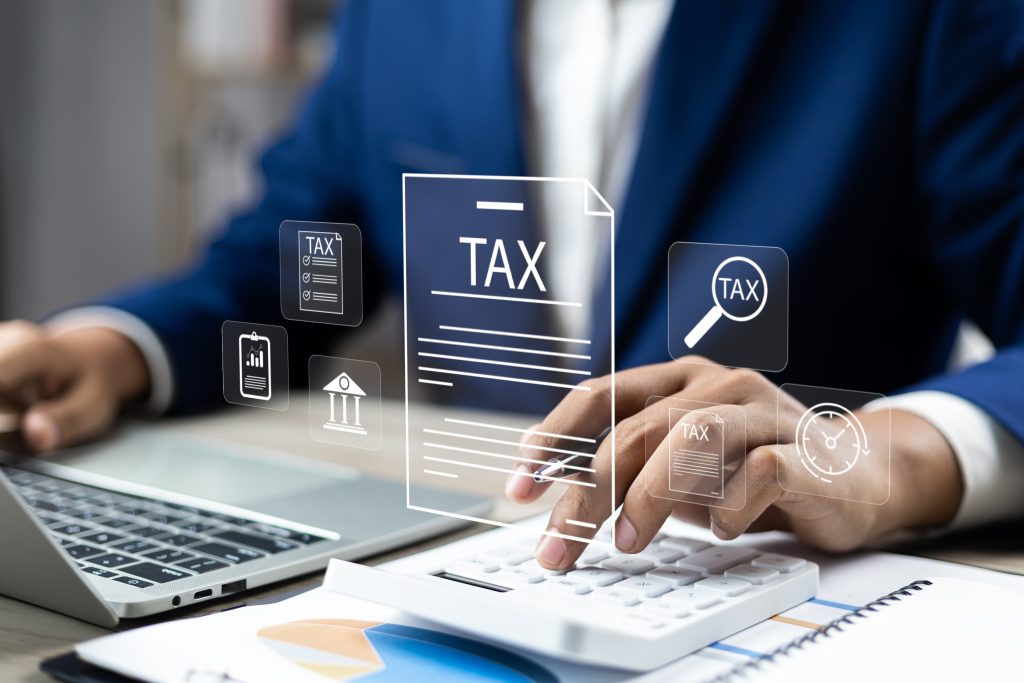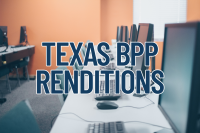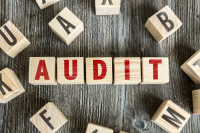Who’s Responsible for the Property Tax on Condo Common Areas?
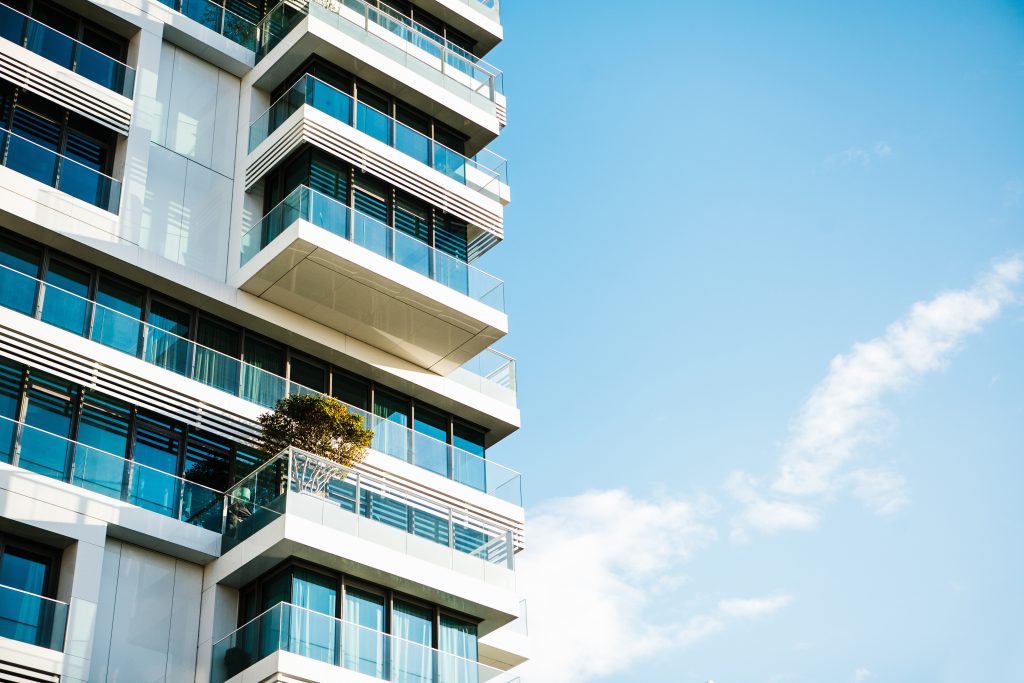
Here’s what you need to know about the condo property tax responsibility for common areas:
- The property taxes for condo owners and HOAs can be complex given the unique shared ownership structure of common areas.
- Condo owners might be paying for common area property taxes twice through HOA fees and their unit’s property tax assessment, which can be double taxation.
- Gill, Denson & Company has a history of successfully helping condo owners and their HOAs reduce their tax expenses, including reducing the tax expense for an HOA by 97.25% for a highrise condo community in downtown Austin.
- Our team of experts is ready to help condo unit owners, HOAs, & property managers fight unfair assessments & potential double taxation.
How Does Condo Property Tax Work?
The concept of property taxes for condos is similar to that of single-family homes. The county assesses the property’s value, and that value is multiplied by the applicable tax rate(s) to determine the property tax bill. However, a key distinction lies in ownership. With a condo, you own the interior of your unit but share ownership of the common areas and underlying land with other residents. Because of this ownership structure, condo owners should expect to pay property taxes on their unit, plus their share of the common areas. They typically pay property taxes on their share of the common areas directly through their condo’s assessment, but it’s possible they may also be paying property taxes for these areas through their HOA dues.
What Is Double Taxation?
Condo owners may be double taxed when they pay their portion of the common area taxes with their unit’s county-assessed value (since it is tied into their condo’s assessed value) and in their HOA fees. This can occur when the local appraisal district mistakenly assesses more than a negligible value on the HOA-owned common area elements, separate from the condo’s individual assessments. A condo’s common area elements should be virtually worthless on their own since they are typically for the exclusive use and enjoyment of their condo owners. Therefore, the underlying value of common areas should only be tied directly into the assessed value of the condos themselves.
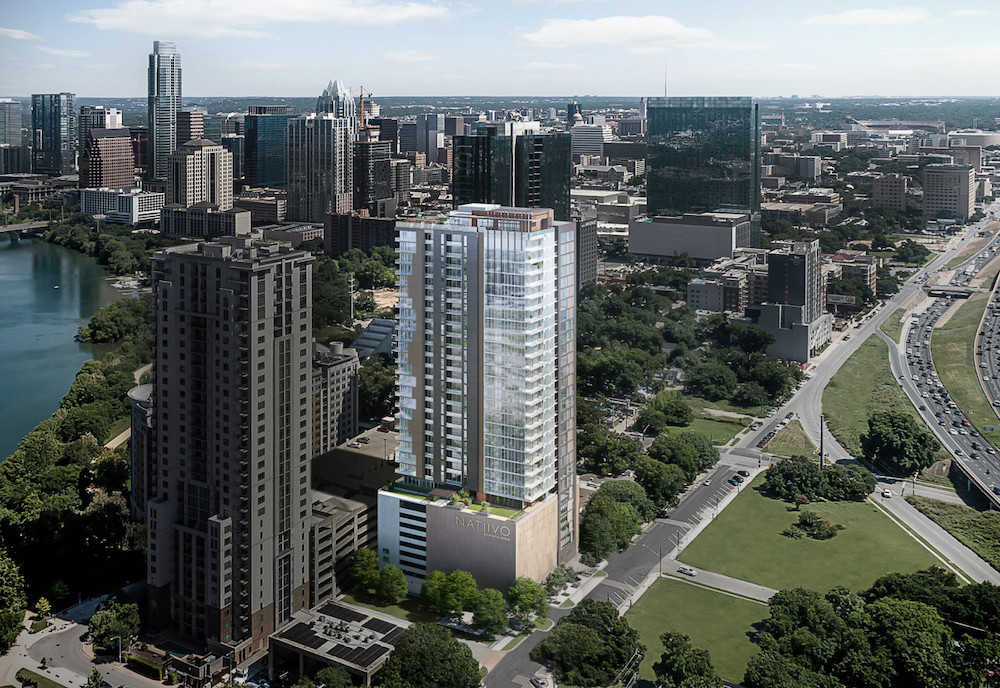
Case Study of the Removal of Double Taxation
Our firm was hired by the HOA of the Natiivo Hotel in Austin, TX, which is a condo building with individually owned short-term rentals. The condo owners were paying property taxes on their unit plus the common elements, in addition to the HOA also paying property taxes on the common areas. This created a situation of double taxation for the building’s property owners. Our team’s expertise saved the HOA (and, therefore, the condo owners) a staggering $131,777.58 in property taxes – a remarkable 97.24% reduction.
We gathered and presented compelling evidence that the common areas were of virtually no value alone, and the only value they possess is when attached to the condo units. Lowering the HOA property taxes for the building lowered the expenses for individual condo unit owners through lower HOA dues. In addition, we worked with a significant number of the condo owners directly to reduce their individual tax bills.
Condo Owners: Protest Your Condo Assessments
Many condo owners unknowingly pay more than their fair share in property taxes due to mass appraisals and inaccurate assessments. Our team of experts can help you challenge the assessed value of your condo and potentially reduce your tax burden. This ensures you’re only paying your fair share for the common areas and avoids the potential for double taxation.
HOA & Property Managers: Protest Your Common Area Taxation
Building owners, HOAs, and property managers may also be overpaying their property taxes for the same reasons. Our team can meticulously review the property taxes for your community to identify potential double taxation on common areas. It’s important to note that common areas accessible to the public or those with a fee for non-members are taxable and not considered double taxation.
We leverage a comprehensive approach, analyzing your condo’s value using the sales comparison approach, cost approach, or income approach (if applicable). This is how we find the strongest argument to achieve a significant reduction in your property taxes. You’ll only pay us a percentage of the tax savings we secure for you. So, if we don’t reduce your condo taxes, you owe us nothing.
Ready to challenge your assessment and potentially save a significant amount on your condo property tax bill? Get started today to ensure you only pay your fair share of property taxes!

